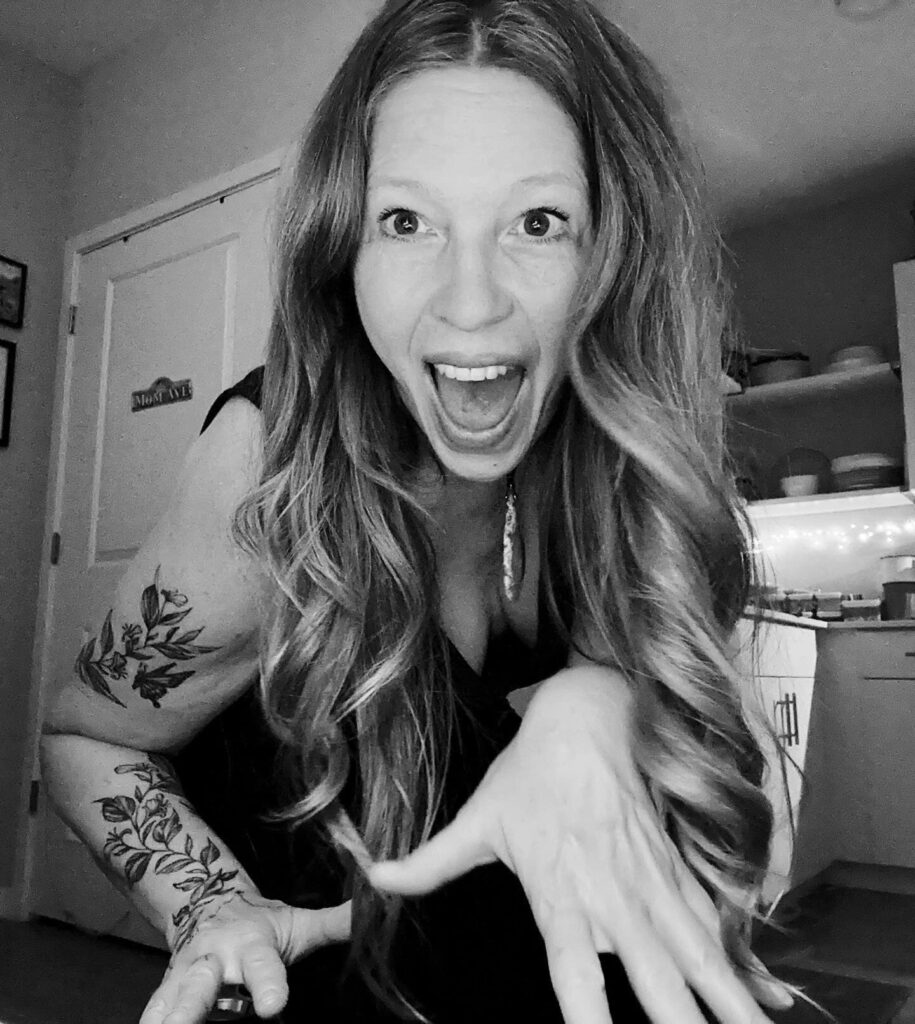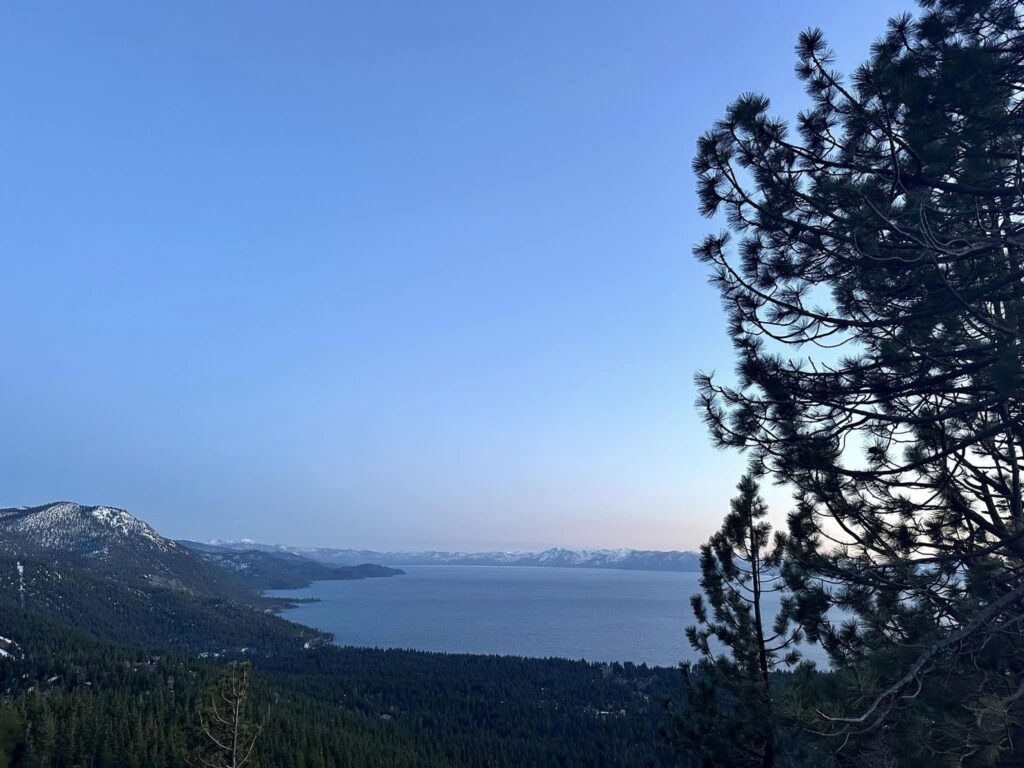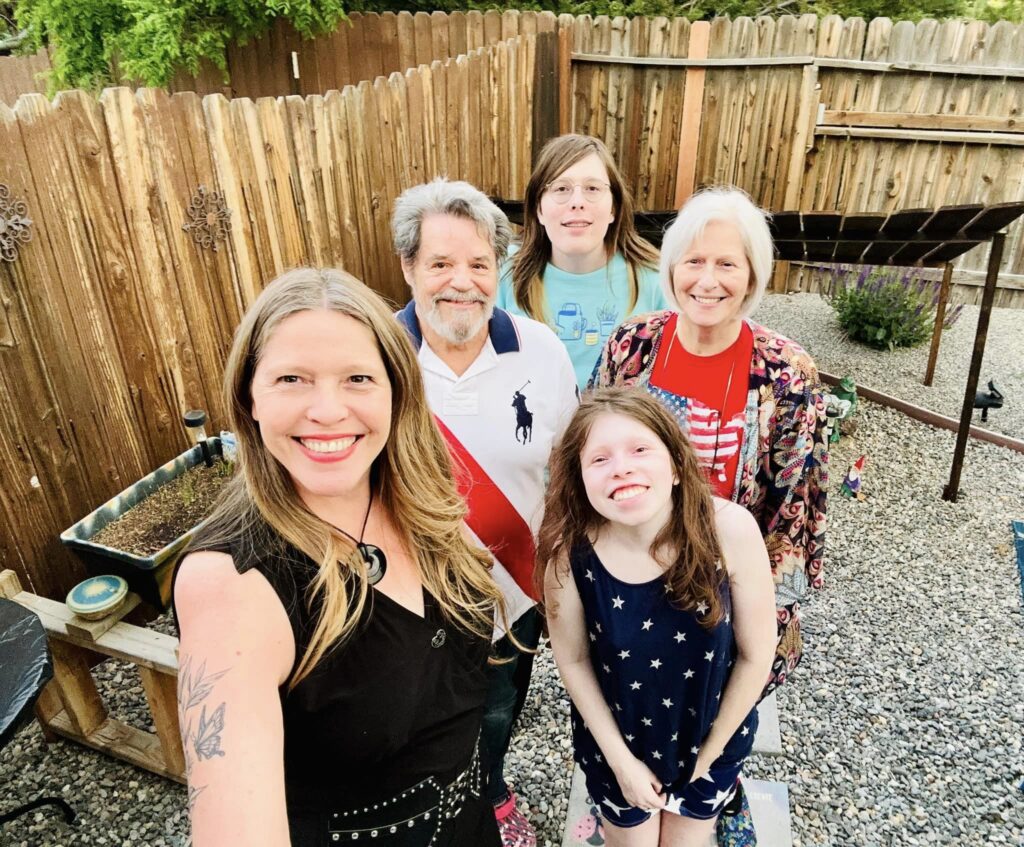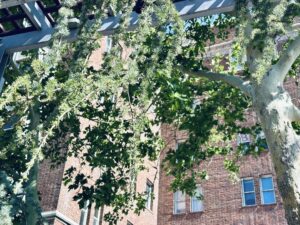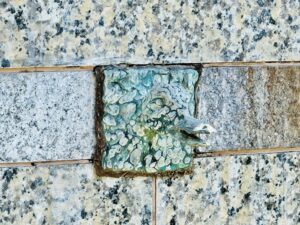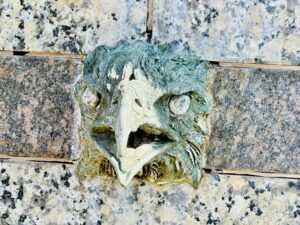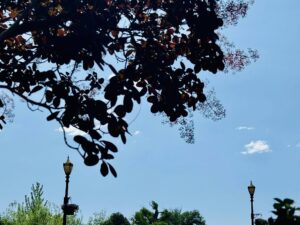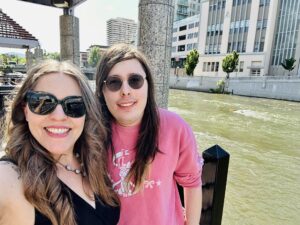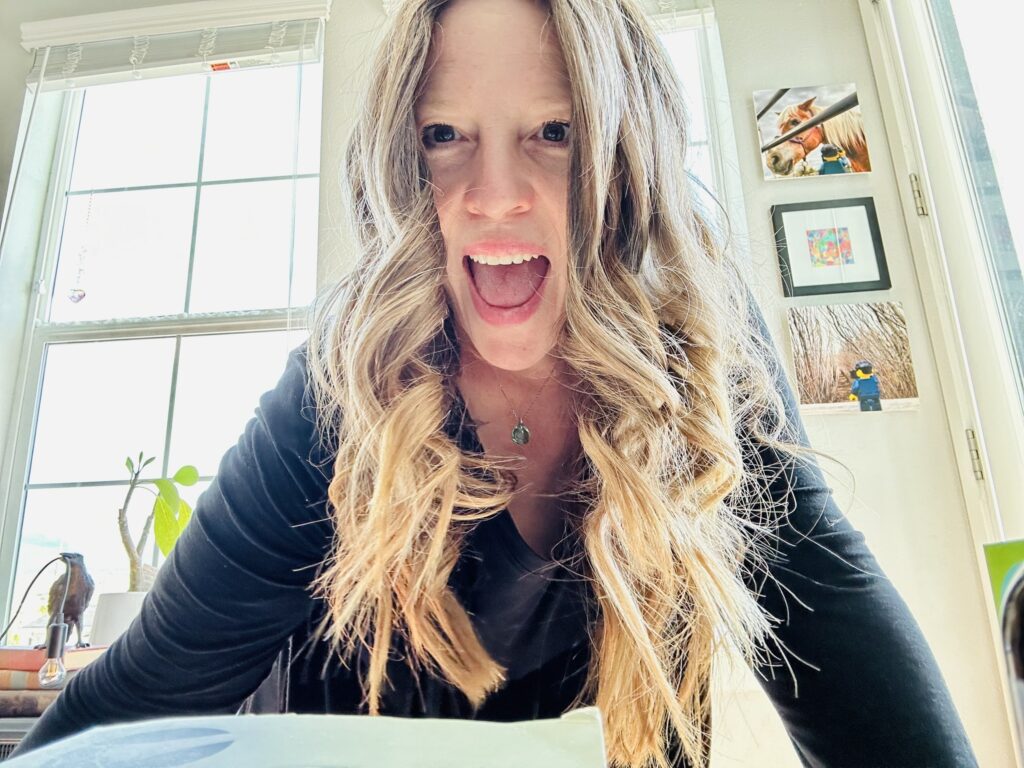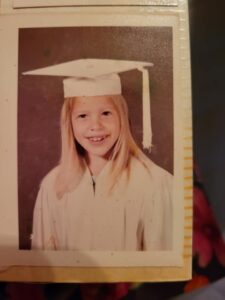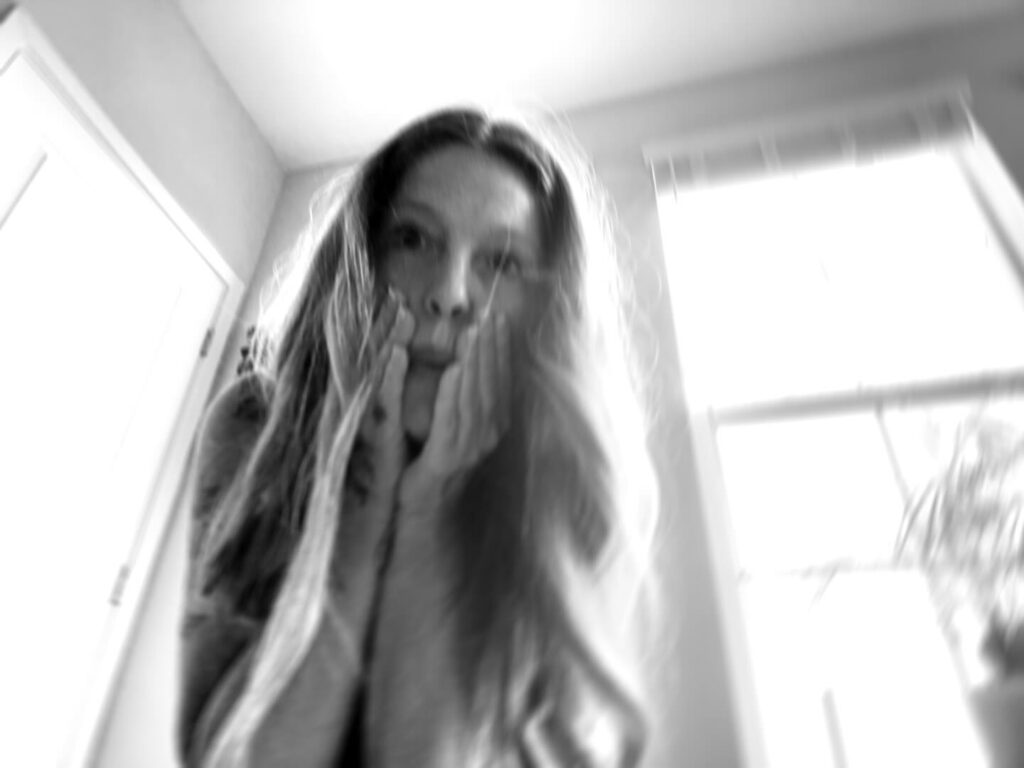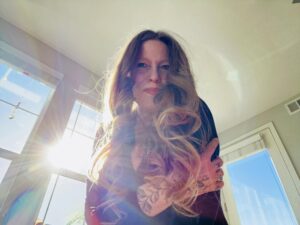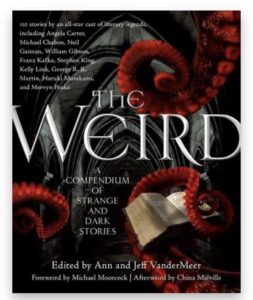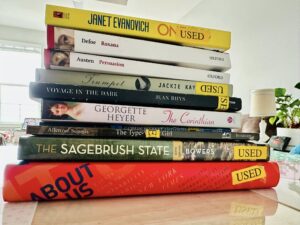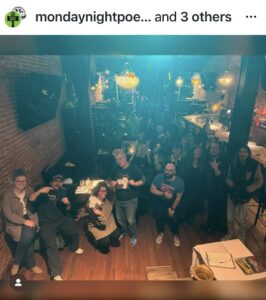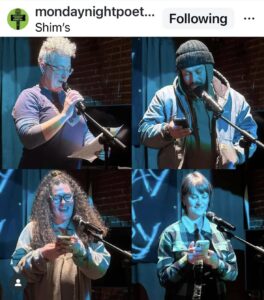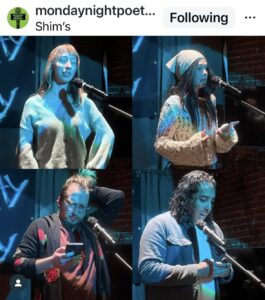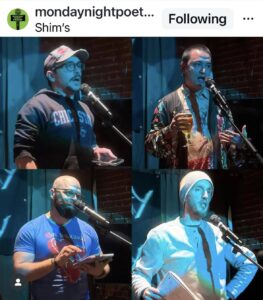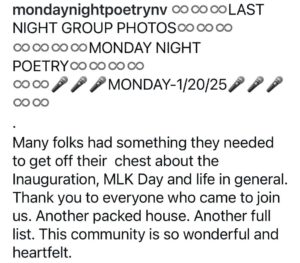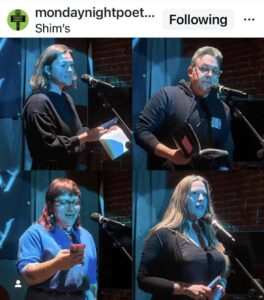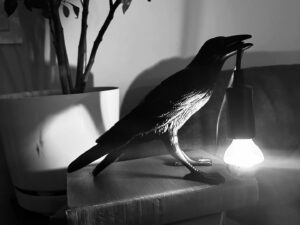I’ve joined Medium! In doing so, I created an up to date About me. Thought I would share it here, too. If you’re on Medium, let’s connect there!
My name is Camilla Downs (pronounced like Pamela, but with a “C”), and I’m mom to Lillian Darnell and Thomas Darnell, who are now adults. I have single-parented them and advocated for them from the time they were 1-year-old and 5-years-old. We are a neurospicy trio, with all of us being neurodivergent in one way or another.
I’m late diagnosed with ADHD, Anxiety, and OCD. I am a bestselling author, indie publisher, writer, poet, and prior to becoming a mom, I enjoyed a career as a paralegal, working at The Pierce County Prosecutor’s Office — Civil Division in Tacoma, Washington. I’m also a late bloomer with coming out as bisexual; pansexual to be more specific (thanks to my kids).
Currently, I am a Project Leader and Family Navigator, having been with Family Navigation Network since February 2022. Family Navigation Network is a project of Nevada Center for Excellence in Disabilities, which operates within the University of Nevada, Reno.
I consider myself to be a master improviser and problem solver. I can access a situation, nail down the tasks, take action, and get results. I live in Northern Nevada in the foothills of the Sierra Nevada Mountains with gorgeous Lake Tahoe nearby.
My daughter Lillian has 18p-, being diagnosed when she was 3 years old after the pediatrician suggested genetic testing, due to Lillian being behind in more than three areas of development. The pediatrician called me as soon as she got the results, letting me know over the phone, rather than postponing until we could get in to see her.
After pulling myself together, I found the Chromosome 18 Registry that night while searching online. This was before facebook, and social media groups, and I joined The Registry shortly thereafter. I spent time observing the conversations in the Yahoo listserv before jumping in, introducing myself, and asking questions.
Writing has been a sanity saving bridge that has led to peace and solutions. Single parenting two children, losing nearly everything, and choosing to dig deep within, led me on a journey for which I had no map. Through writing, I created the map as I traveled this wild, at times unlovely and uncomfortable, life journey.
Writing led me to acceptance of myself and my role as a parent to my two unique and beautiful children. Writing brought solid steps to take with decisions. In some situations, writing was not the only factor; yet, it has been a shining thread of grace that connected my heart and mind along this life journey. And still is.
I wrote the first poem in January 2013. I still remember how wild it felt having these words populate my mind and how compelled I felt to free them. It was the beginning of the alchemy. Alchemy which continues to this day. My book published in 2019, Words of Alchemy, is a free-verse poetry memoir of six years of my life.
Poems have not been the only style of writings throughout the past thirteen years. My first book published in 2012, D iz for Different — One Woman’s Journey to Acceptance, is a memoir of experiences and acceptance up to that point in time. After the publication, writings seemed to ebb and flow between life narratives and poetry.
Writing is my witness, my soul song. Writing is my therapist, my medicine, my best friend, my parent, and my advisor. This is not to say that writing replaces any of these roles, it simply enhances them.
Writing alchemizes what I experience. My laptop becomes the couch I rest upon; while writing my experiences becomes the therapist. This helps me to synchronize with life, giving myself feedback for these experiences. Writing becomes an avenue to connect with and release the myriad of emotions and experiences of life.
It is through writing that I find myself. It is through writing that I allow myself to physically feel emotions. It is through writing that I connect with the unlovely events of the past buried in my body on a cellular level. It is through writing that I allow myself to feel what I dared not feel beginning at some point in childhood, through to adulthood. It is through writing that past and present events are alchemized and released.
I look forward to vibing with you. Just to let you know, my older writings are incredibly tame, nature centric, with no foul language. My writings from 2020 to current are wild, bold, raw, and laced with cussing. My writings mirror where I am in this journey, and the current phase of Camilla that shines.
If you’re on Medium, let’s connect –

